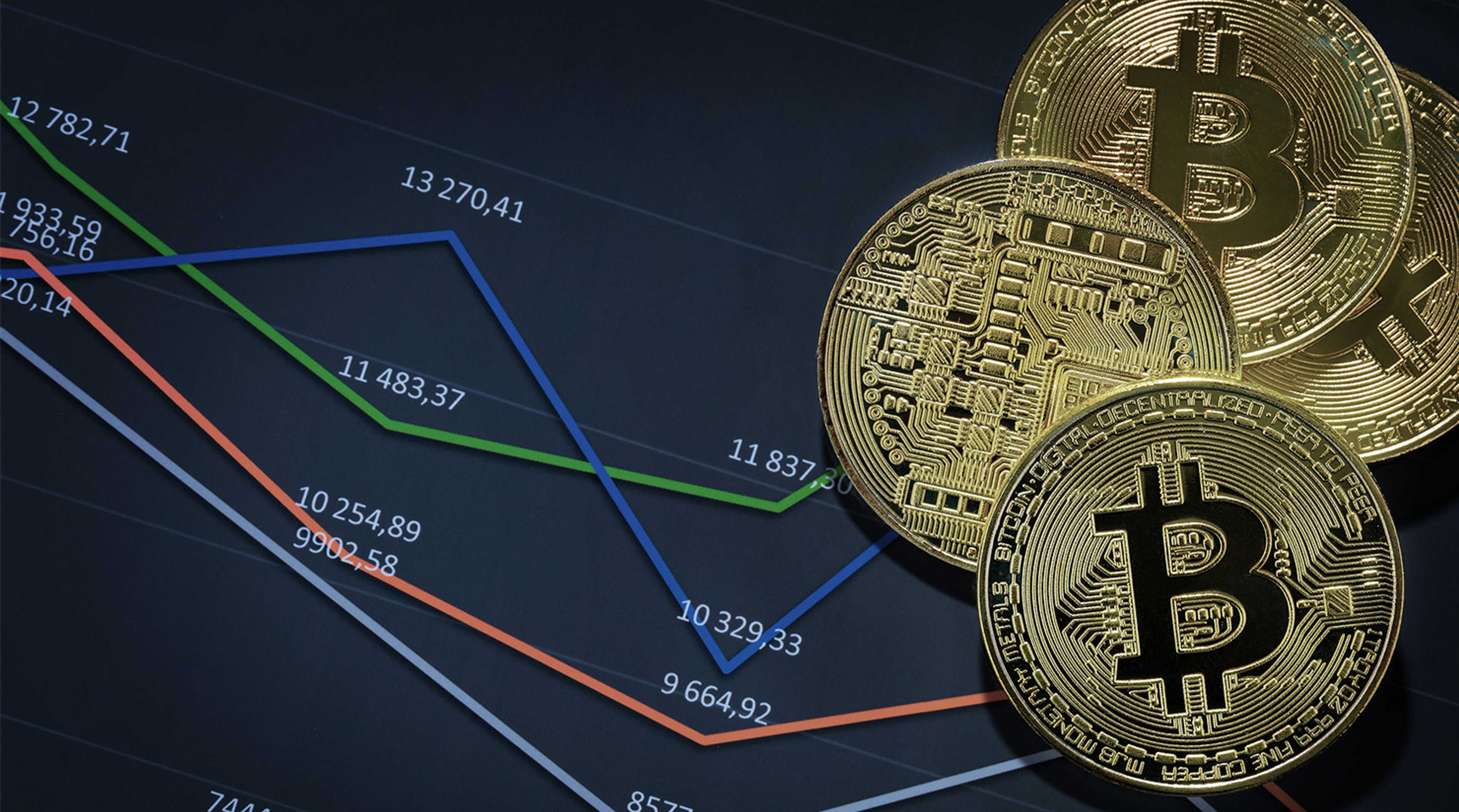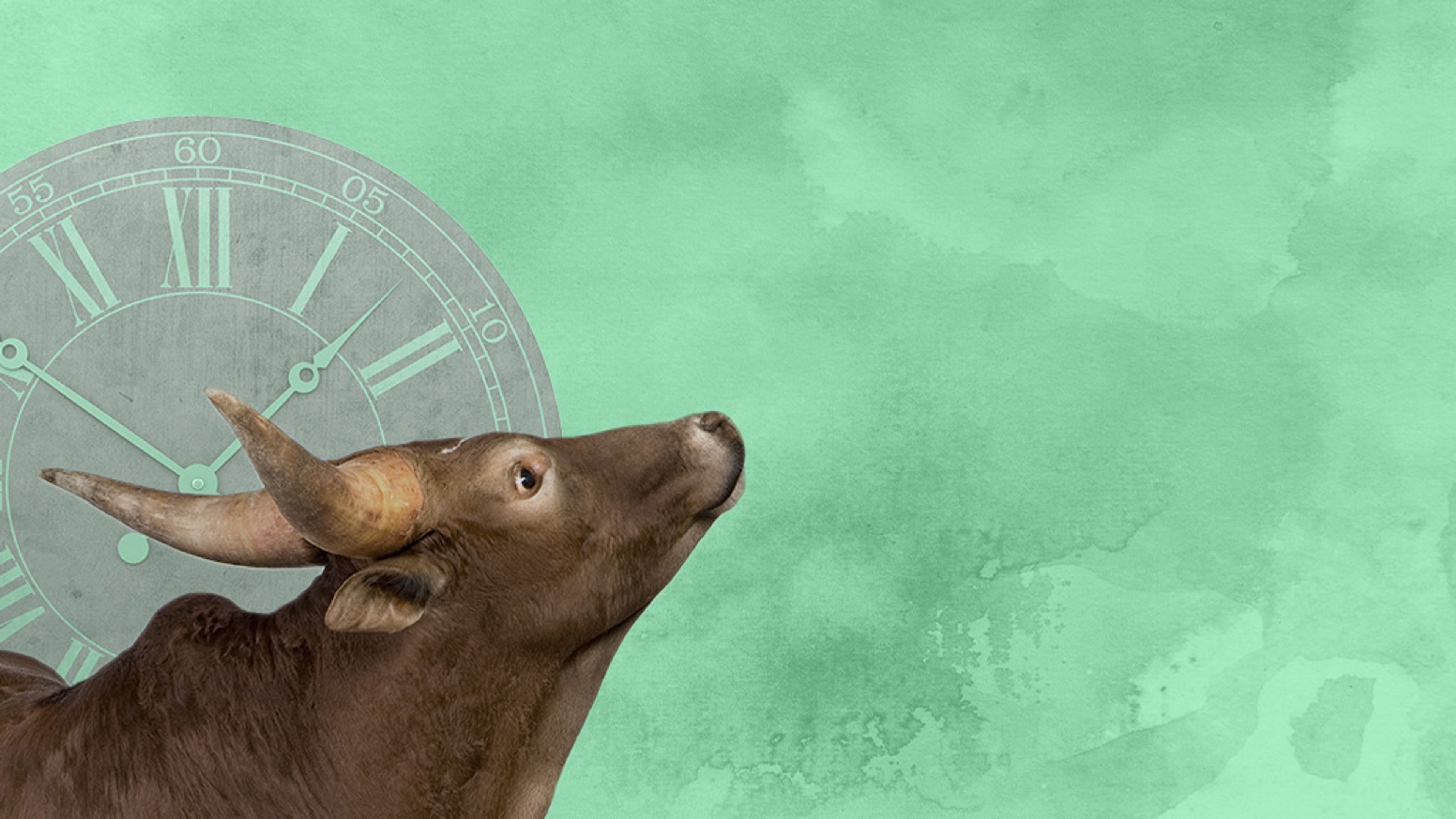
DAOs: What Are They, How They Operate, and What Challenges Do They Face
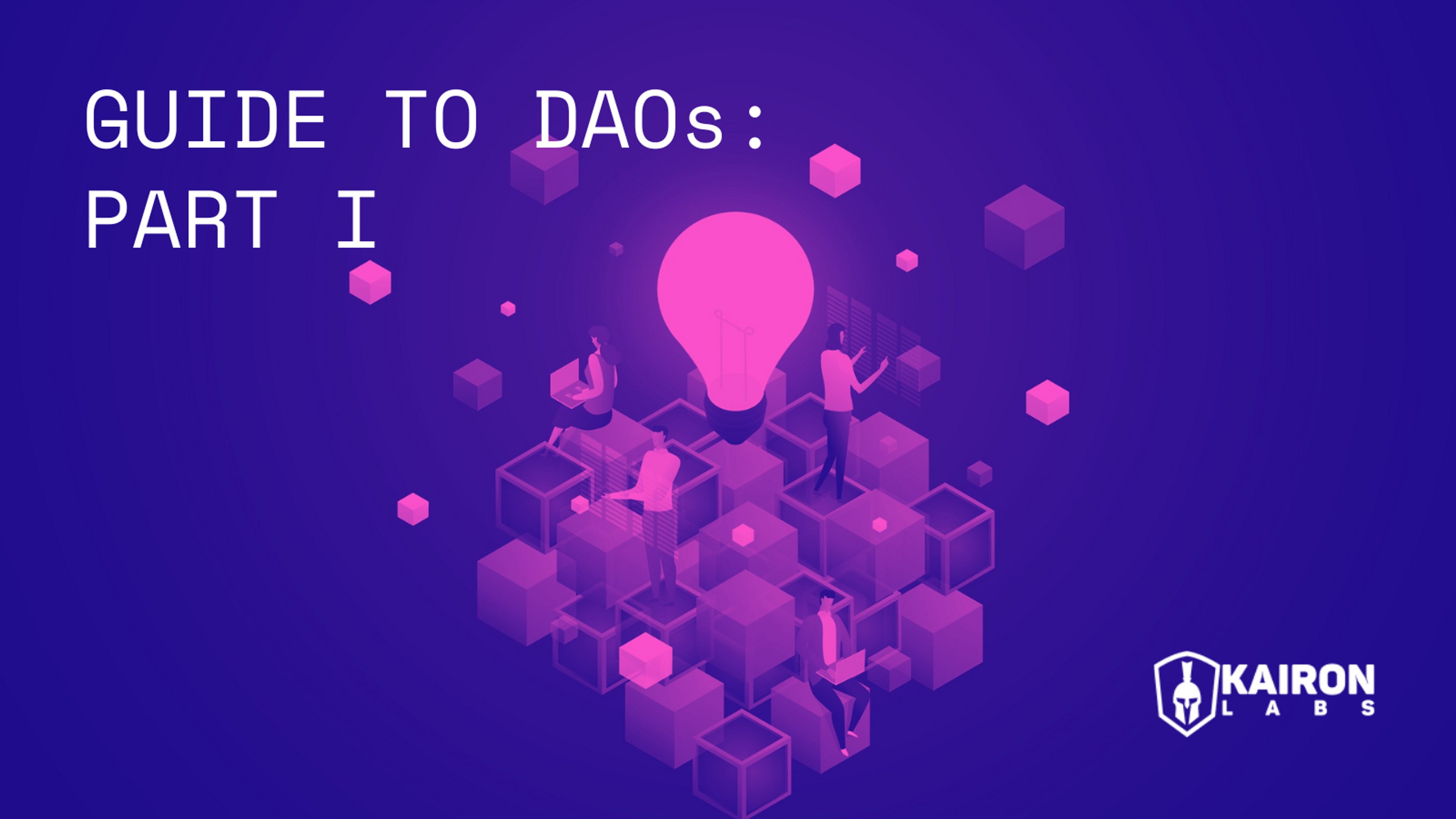
Decentralized Autonomous Organizations are pushing the boundaries of traditional organizational structures — and paving the way for future communities. Imagine raising $46 million in just a few days without banks, VCs, or sketchy loan companies. ConstitutionDAO did it. Formed in November 2021 to acquire one of the 13 remaining original printed copies of the US Constitution at a Sotheby’s auction, this social experiment raised $47 million worth of ETH from 17 437 motivated contributors in just under a week!Thanks to DAOs (decentralized autonomous organizations), crowdfunding and investing are becoming more accessible to regular people who meet in the cryptoverse and create an organization based on shared interests. But DAOs are so much more than a community of like-minded people connecting in the digital world and sharing a bank account — they could be the key to a new economic and social era.
What are DAOs
The Metaverse offers a space where individuals can easily gather, communicate freely, coordinate projects, build companies, and start creative collectives — basically co-create incredible things. DAOs are one of the Web3 concepts completely transforming the cryptocurrency industry. DAOs are blockchain-based cooperatives collectively owned by their members, with rules set and executed through code, improvement proposals, and smart contracts. To simplify it, it’s a shared bank account where every member puts money (cryptocurrency token) and has the right to vote on how these collective funds will be used and for what purpose. The main characteristics of a DAO are:
- flat structure/no hierarchy
- shared bank account
- use of smart contracts
- digital assets
- strong community
- democratic voting system
- shared goal/interest
- consensus around the processes and communication.
People gain DAO membership through a digital asset. These “governance tokens” give power to individuals to make proposals and vote on purpose, protocols, governance, etc. By empowering token-holding members to propose, vote on, and make the changes, DAOs enable individuals to connect and work collaboratively toward a common mission.
A little history of DAOs
“Computer technology is on the verge of providing the ability for individuals and groups to communicate and interact with each other in a totally anonymous manner. Two persons may exchange messages, conduct business, and negotiate electronic contracts without ever knowing the True Name, or legal identity of the other. Interactions over networks will be untraceable… These developments will alter completely the nature of government regulation, the ability to tax and control economic interactions, the ability to keep information secret, and will even alter the nature of trust and reputation,” wroteTimothy C. May in his “The Crypto Anarchist Manifesto,” back in 1988. Four years later, together with Eric Hughes and John Gilmore he co-founded The Cypherpunks Mailing List, hoping to create a space where privacy “anarchists, utopians, and technologists” could exchange ideas about technology, politics, and philosophy. This first virtual community soon became a dynamic and innovative community where blockchain, crypto, and DAOs first started to develop.The first functional DAO, known as “The DAO,” was created in 2016 on the Ethereum blockchain. After raising USD 150 million worth of ether (ETH) through a token sale, The DAO was hacked. After this event, DAOs lost their popularity for a few years. However, in the last two years, we have seen a significant rise in the number of DAOs (from 10 in 2020 to over 4 000, according to Forbes), making it the next zeitgeist. Two key aspects are driving the recent popularity of DAOs:
- The DAO ecosystem accelerated in 2020 as Decentralized Finance (DeFi) platforms took off and incorporated DAOs into their processes and systems. Because they are essentially a collective with flat management structure running on open source and blockchain technology, they offer more transparency, trust, adaptability, and flexibility than traditional company structures — ideal for crypto and associated industries.
- Due to COVID, there are significant changes in how we work as we accelerate toward a digital global economy. Since they offer more flexibility, greater accessibility for individuals, and erase geolocation limitations, it is no wonder that DAOs have become a go-to model for many projects and organizations.
According to the analytics service DeepDAO, in 2021, the total value of DAO treasuries surged fortyfold, from $400 million to $16 billion. DAO participants increased by 130 times, from 13,000 to 1.6 million. That’s a LOT of money operating in a decentralized fashion, running on public, permissionless blockchains — making it a perfect bait for hackers and thieves.
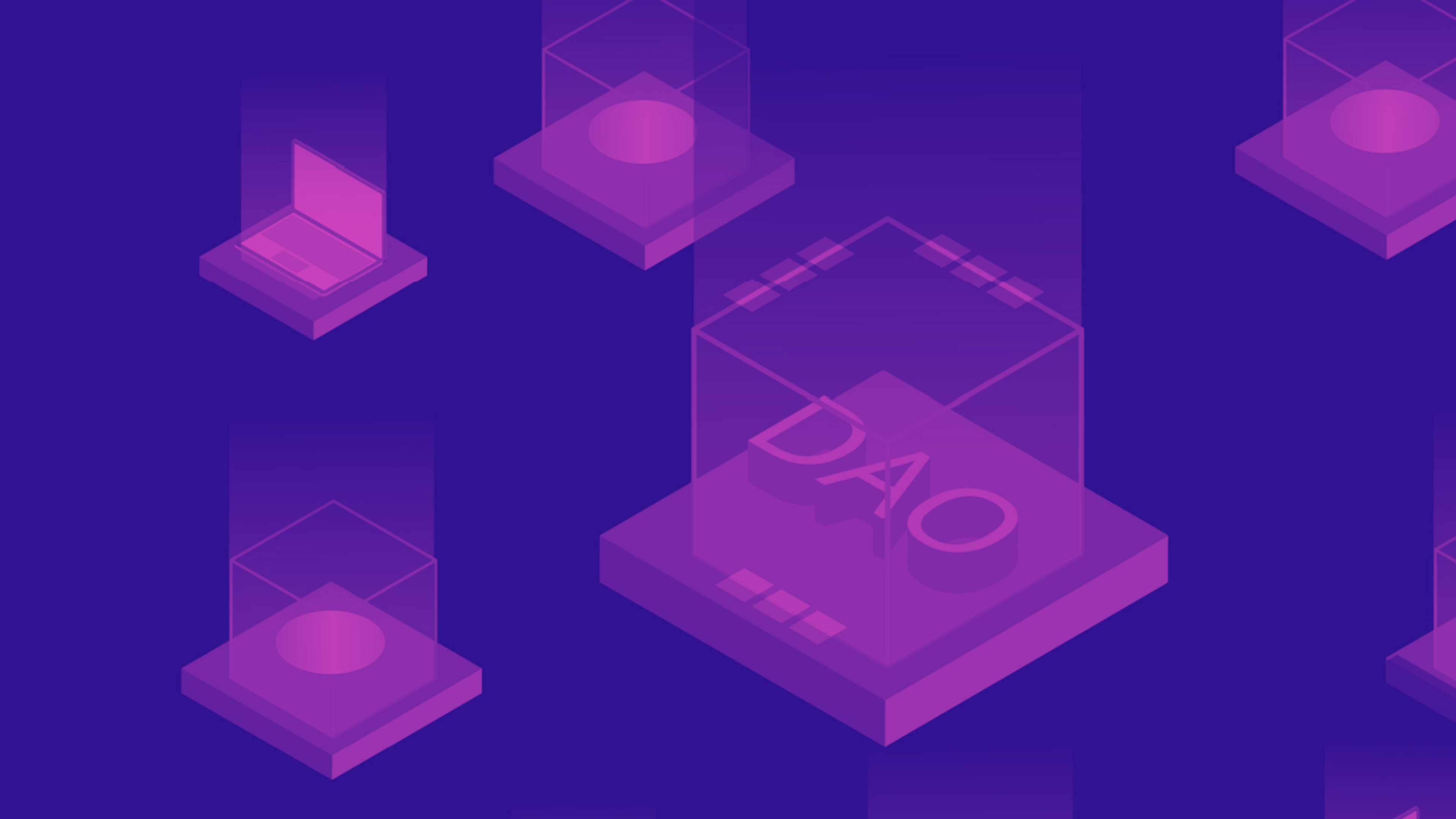
Streamlining DAOs: The Hurdles and Potential Risks Behind the Adoption
Because of their decentralized nature and lack of regulations, DAOs confront various problems, from governance, voter engagement, power concentration, and cybersecurity, to regulatory risks, fragmentation, and legal uncertainty.Many DAOs and their members use pseudonyms, allowing people to access communities, engage with others, and use their tokens without revealing their real identities. Unfortunately, using pseudonyms can seriously threaten the DAO, as anyone with bad intentions can quickly become a part of the community and hack the system. The anonymity also impacts the accountability and responsibility of members, which can lead to low voter engagement and voter fatigue — a big issue that even the strongest and biggest DAOs struggle with.Another problem is power concentration conflicting with the philosophy of decentralization and democratization. Each token corresponds to a set amount of voting power within the organization and a price on the secondary market. Although this approach is meant to decentralize power, a recent report from Chainalysis showed quite the opposite. They analyzed the workings of ten major DAO projects and found that, on average, less than 1% of all holders have 90% of the voting power! DAOs are challenging traditional practices, and even though they’re promising and exciting concepts, there are still many things to define and regulate. However, there’s a positive trend in the number of companies focusing on facilitating the adoption, legal requirements, and security of DAOs.Here’s where we end the first part of the “Guide to DAOs” series. In the next part, we’ll discuss different models of DAOs, steps to take when launching your organization, and what the future holds for this promising organizational model.
Kairon Labs provides upscale market-making services for digital asset issuers and token projects, leveraging cutting-edge algorithmic trading software that is integrated into over 100+ exchanges with 24/7 global market coverage. Get a free first consult with us now at kaironlabs.com/contact
Featured Articles

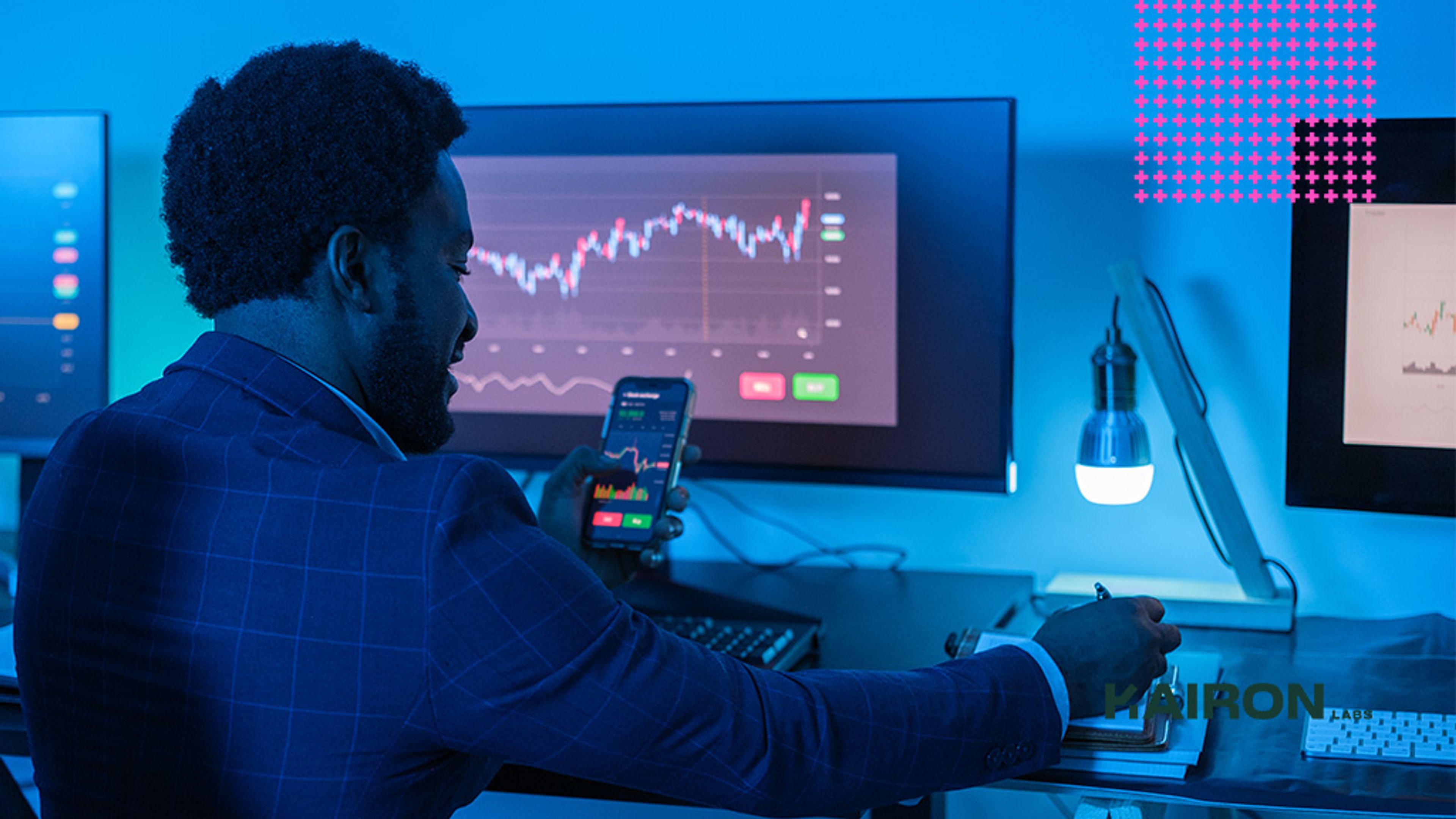
Understanding Market-Making Models in Crypto
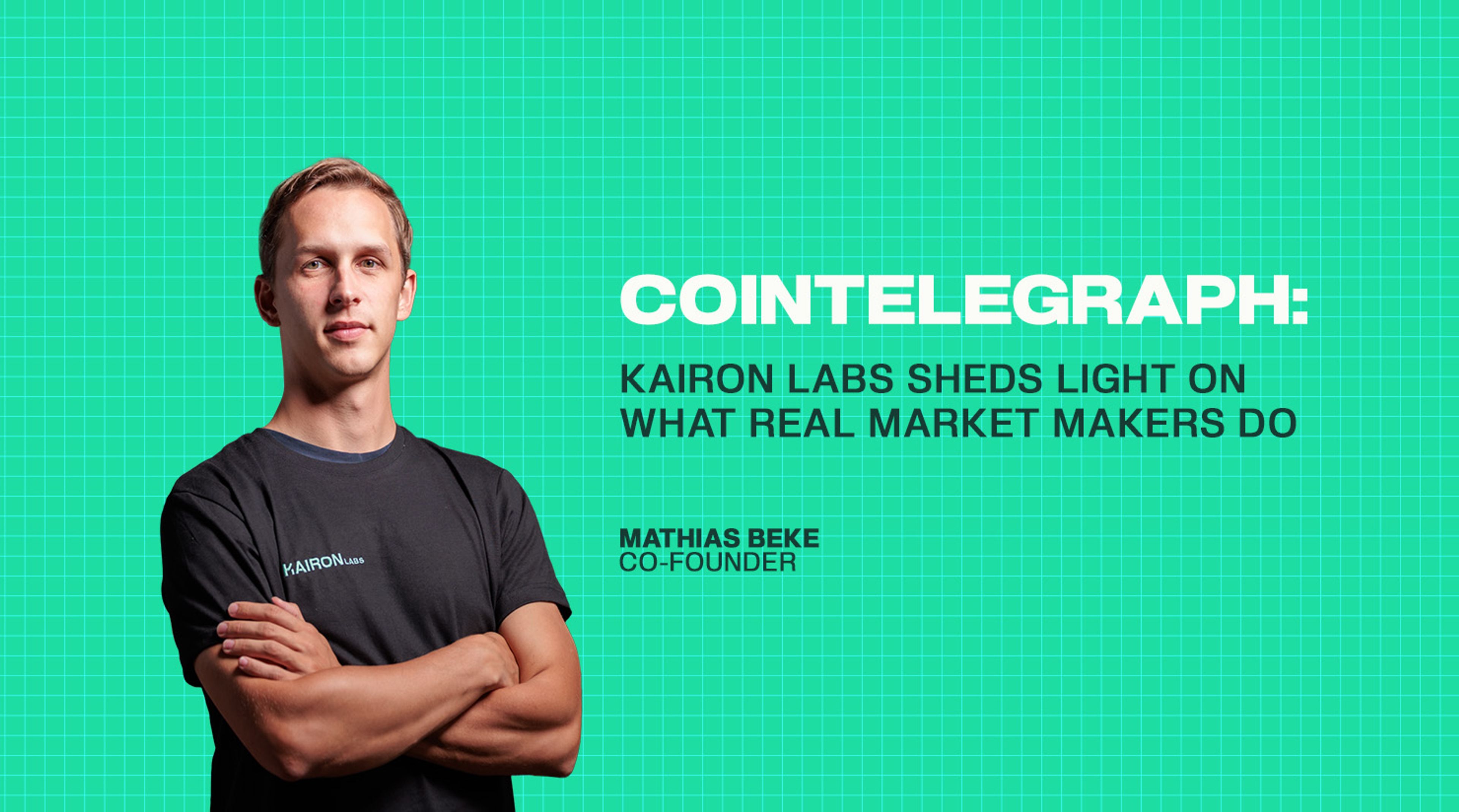
Cointelegraph: Kairon Labs Sheds Light on What Real Market Makers Do
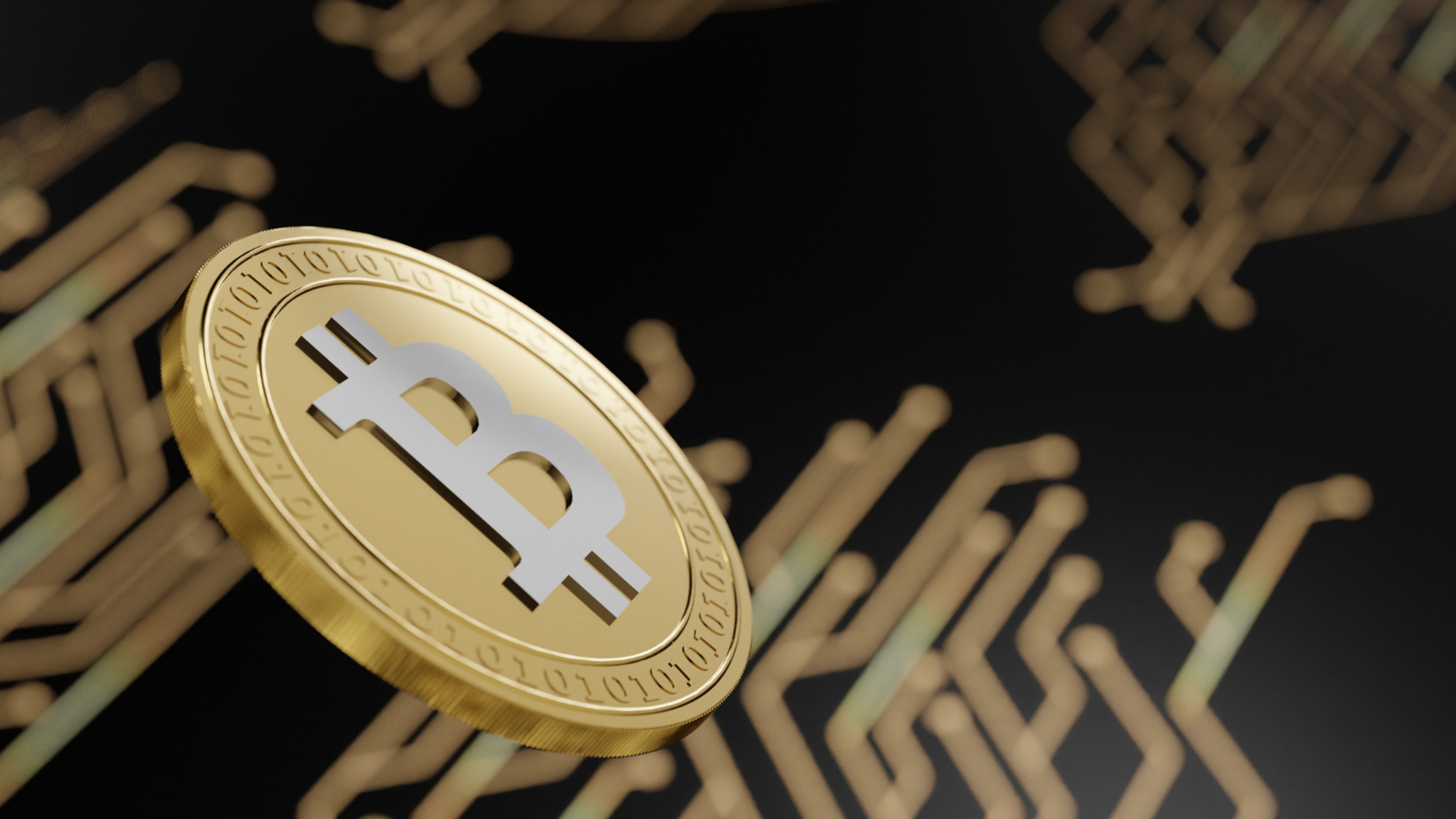
Launching a Token 101: Why is Liquidity Important?
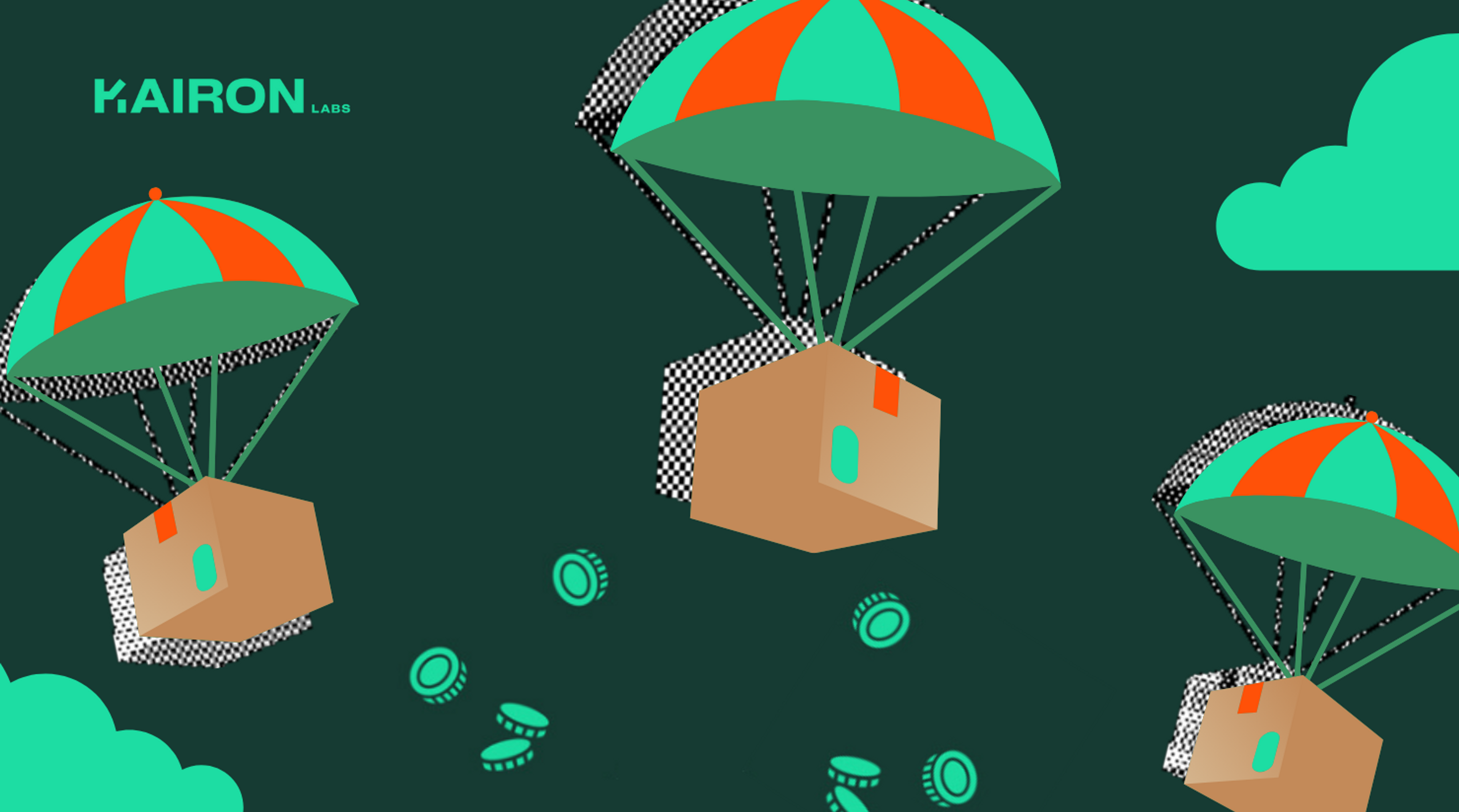
Airdrops and Retrodrops Decoded: A Comprehensive Guide
